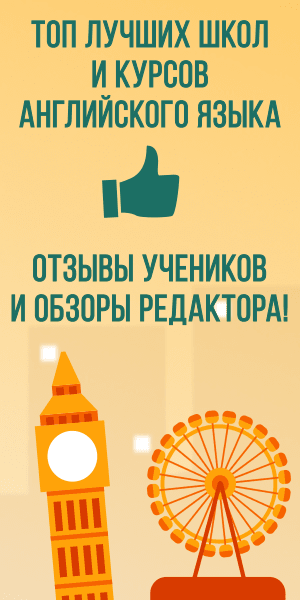We all know that everyone is unique and we’ve all heard that no two beings are alike. Yet sometimes, some people think alike, which then causes people to relate with each other, and when a large number of people share beliefs or ideas, then comes a birth of a nation. But I’m not here to talk about forming a nation based on my ideas; I’m here to tell you what I think about Plato’s ideas on forming an ideal nation or what he refers to as «The State».
Plato’s idea of «The State» is clearly stated in Plato’s «The Republic». He tells us that «A State, I said arises, as I conceive, out of the needs of mankind; no one is self-sufficing, but all of us have many wants…» When I first read that I had no idea what that line really meant, but when it was explained it simply meant that the State comes from our wants or desires, and as human beings, we have an insatiable appetite for almost everything. And yet Plato also says that no individual can supply all of the desires or needs of an individual. This to me is true, because having to satisfy all our needs requires another individual to do that.
I guess that explains why God had created Eve, not only because Adam was lonely but also he needed a partner in the Garden of Eden. Plato also tries to give us an idea of a just society, he tells us that people have their own jobs to do; it’s either being a Producer, Auxiliary or a Guardian. Plato says that the guardian is symbolized as gold and the producers as bronze. So my thoughts are «how can there be a just state when you can see that the guardian is on the top of the social status pyramid? Isn’t there an inequality to that?» To me justice defines equality among the people, and yet Plato dreams of a just society where there are three types of people. But as I understand what Plato is trying to say about having a just society, he does have a point that people should do their own functions. So does that mean having a just state should have inequality somewhere in the social status?
Probably so, when I come to think about it, I know that it is impossible to really have equality among human beings, there’s always the leader and the follower. Many people think that the leader’s position is higher than that of the follower’s position; maybe it is because a leader is an individual who can handle a lot of other individuals and the leader has the authority over the other individuals whereas the followers themselves are equal since none of them have the power or authority just like the leader. But when I think about it again, I think what Plato is trying to say is that even though there are three types of people which are the Guardians, Auxiliary and the Producers, equality there is when all have the same rights as a human being and equality shouldn’t be based on one’s social status in the society.
Now moving on to Plato’s concept of justice, he says that justice is when people are not looking forward to the rewards they get when they doing something which is just. I agree with Plato’s view of justice, people shouldn’t be looking for a reward when doing something that is just, because if they do seek a reward, then I guess that shouldn’t qualify as justice but should be called nothing more but a selfish act. But when I try to do something that is just or what I feel is just, it feels good and I don’t need anything in return for doing such deeds. If people would somehow follow all these guidelines, perhaps there would be a less evil society than there is now. And perhaps we would be able to attain that peace and justice which most of us seek today. But then again, we can’t expect people in our society to be or to turn out to be 100% good and righteous where everyone is perfect because I believe there’s always a good guy and a bad guy. And things are easier when you say it than being carried out or done. Don’t you think so?
Lastly, here’s a thought that we should think about. What would life be today when we base our beliefs and actions on Plato’s just society called the «State»? Will we all live in peace as human beings in a very large society under a philosopher king? Or will the equality among us all, lead to our very own destruction and will this philosopher king resist the temptations of corruption and ultimate power over the people?









